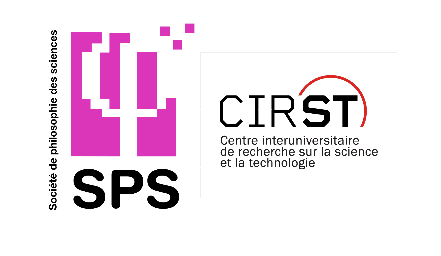Scientific sketches and scientific understanding: how to get the advantage of theft over honest toil (and develop partial understanding in the context of collaborative science)
1 : Archives Poincaré, UMR 7117
UMR 7117
Studies in the logic of explanation focus upon conditions that must be satisfied by ideal complete full-blown explanations. For example, while Hempel notes that actual explanations are often incomplete in comparison what his model describes, he characterizes the analysis of incomplete explanations as essentially belonging to pragmatics and does not develop it further.
The purpose of this talk is to analyze further the role of scientific sketches and investigate more deeply how they work and how they can play their scientific role. I first argue that for some aspects of the philosophical study of science, one needs to take incomplete explanations (hereafter sketches) as a central part of the inquiry and I thereby try to account for the presence of incomplete tokens of explanations within science in cases where the complete version is already known by the community (versus cases when incompleteness is due to unfinished research). I further describe how the notion of incomplete explanations should be conceptualized with the aim of understanding how sketches, though incomplete, can still be valuable and play an important, if not indispensable, role in science. I finally propose typical cases of sketches in order to describe in which type of cases incomplete versions of explanations and phenomena can be fruitfully given. In doing this, I shall try to remain non-committal about existing accounts of explanation and understanding.
The purpose of this talk is to analyze further the role of scientific sketches and investigate more deeply how they work and how they can play their scientific role. I first argue that for some aspects of the philosophical study of science, one needs to take incomplete explanations (hereafter sketches) as a central part of the inquiry and I thereby try to account for the presence of incomplete tokens of explanations within science in cases where the complete version is already known by the community (versus cases when incompleteness is due to unfinished research). I further describe how the notion of incomplete explanations should be conceptualized with the aim of understanding how sketches, though incomplete, can still be valuable and play an important, if not indispensable, role in science. I finally propose typical cases of sketches in order to describe in which type of cases incomplete versions of explanations and phenomena can be fruitfully given. In doing this, I shall try to remain non-committal about existing accounts of explanation and understanding.


